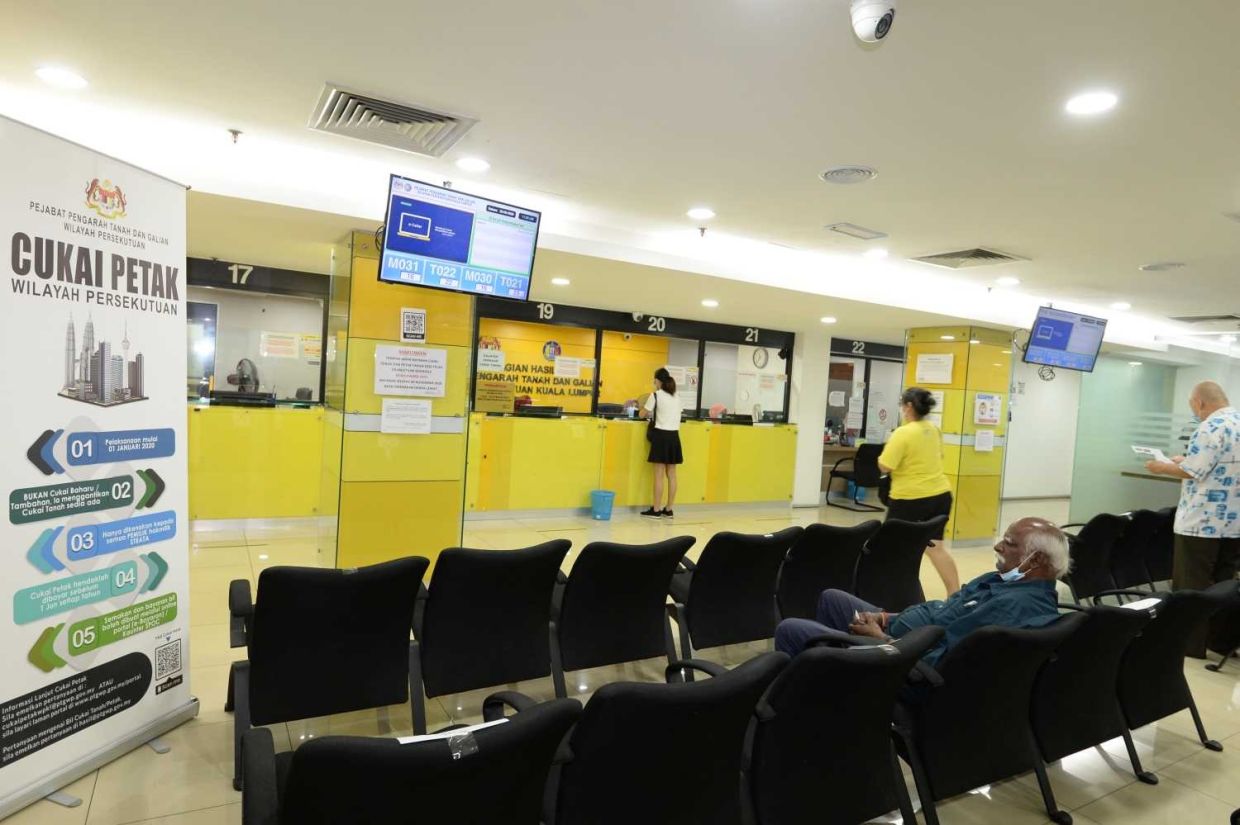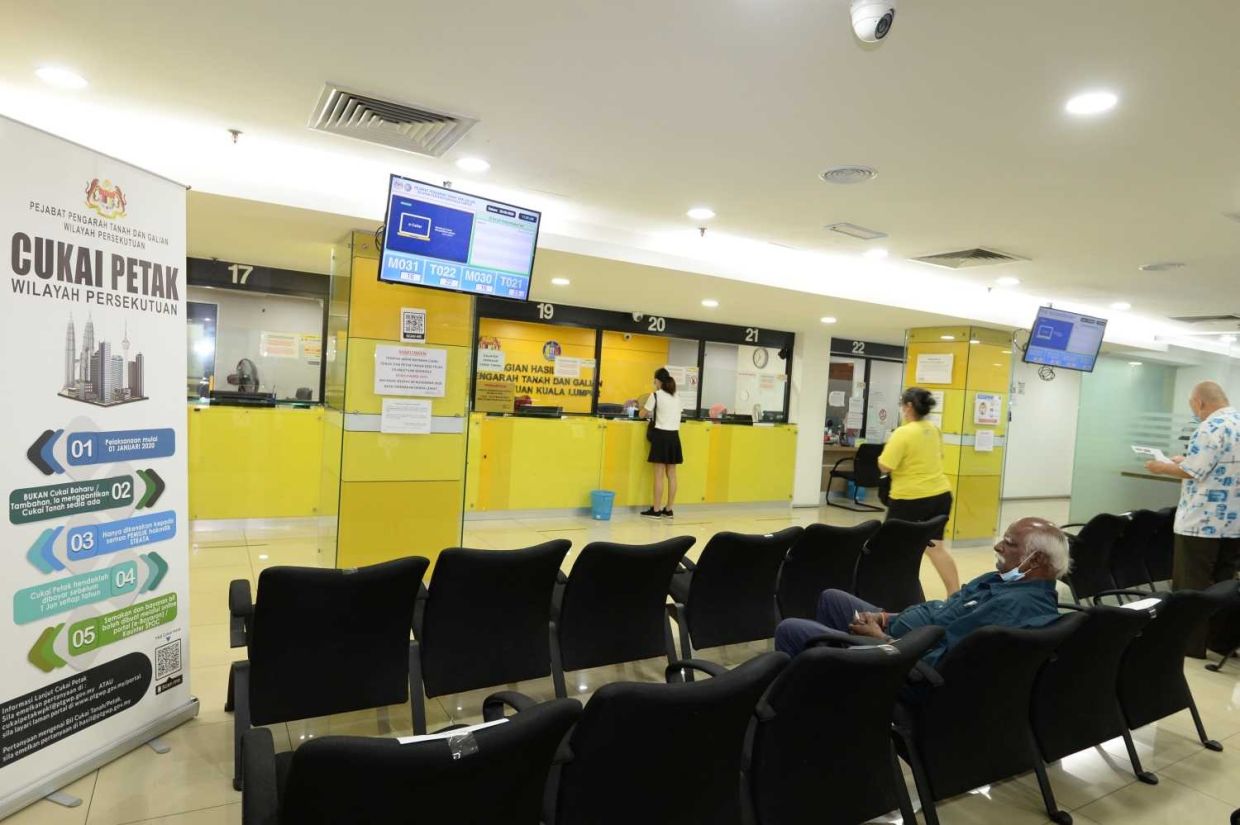
GEORGE TOWN: The Penang state government is urged to be fully transparent over its sweeping reclassification of town and village boundaries, which will lead to higher quit and parcel rents for nearly 400,000 land and home owners.
MCA vice-president and Penang state liaison committee chairman Datuk Tan Teik Cheng said the move risks placing a heavy burden on Penangites already struggling with inflation, stagnant wages, subsidy cuts and the expanded Sales and Service Tax (SST).
“This move runs counter to the federal government’s goal of making home ownership more affordable. By increasing costs for property owners, the state may end up worsening the housing affordability problem,” he said in a statement on Thursday (Sept 18).
He cautioned that landlords would likely pass on the higher quit rent costs to tenants, driving rental rates up further.
Tan urged the state to disclose the exact rent hikes for each area, the total additional yearly revenue, and to provide “a clear and detailed breakdown of how this revenue will be used.”
“Penangites need assurances that this money will directly benefit them, whether through improvements to infrastructure, public services, or local amenities. Without this transparency, the increase risks being seen as a mere revenue-raising exercise,” he added.
Tan called for measures such as a moratorium for low-income households, improved urban infrastructure, a halt to further hill land sales and reclamation projects, and independent audits on the use of quit rent revenue.
“The state government must not be seen as capitalising on development at residents’ expense. Urban growth should uplift citizens instead of taxing them more without clear returns,” he said.
On Wednesday (Sept 17), Penang Chief Minister Chow Kon Yeow announced that almost 400,000 home and landowners in Penang would have to pay more in quit or parcel rent (cukai tanah and cukai petak), from 2027.
This follows a state government move to redraw 10 town boundaries and gazette 25 densely built areas as townships instead of villages or rural areas.
The exercise, gazetted on Sept 4, marks the most sweeping reclassification since 1966. A total of 210,000 land titles and 184,000 strata titles are directly affected by the amendments.
The 10 expanded townships are Bayan Lepas, Balik Pulau, Batu Ferringhi, Tanjung Bungah, George Town, Bukit Mertajam, Sungai Bakap, Nibong Tebal, Kepala Batas and Butterworth.
The 25 newly created townships are Bayan Baru, Batu Maung, Sungai Ara, Pulau Silikon, Bukit Jambul, Puncak Penara, Perdana Mutiara, Pinang Emas, Bayu Emas, Lembah Perai, Alma, Bukit Minyak, Bukit Tengah, Bandar Perda, Seberang Jaya, Jawi, Bandar Cassia, Simpang Ampat, Bandar Tasek Mutiara, Sungai Dua, Teluk Air Tawar, Bertam, Tasek Gelugor, Pokok Sena and Ara Kuda.
The amendments mean that owners of these properties will see new quit rent and parcel rent rates from next year. However, to cushion the impact, the state will defer the new parcel tax rates for strata properties until 2027.
According to PLANMalaysia, a town is defined as a gazetted area and its built-up surroundings with at least 10,000 residents, or smaller areas where at least 60% of adults work outside of the agriculture industry.
In Penang’s settlement hierarchy, George Town is recognised as a regional city, while Balik Pulau, Batu Kawan, Bandar Cassia, Bayan Baru, Bukit Mertajam, Butterworth, Kepala Batas and Nibong Tebal are listed as principal towns.
There are 31 local towns, such as Batu Ferringhi, Tanjung Bungah, Tanjung Pinang, Ayer Itam, Bayan Lepas, Bertam, Tasek Gelugor, Telok Air Tawar, Seberang Jaya, Prai, Simpang Ampat, Sungai Bakap, Juru and Jawi.
Chow said the reclassification took into account criteria such as population density, geography, environmentally sensitive areas, brownfield sites, lot boundaries, road alignments and economic potential, although the state was not legally bound to apply them.






